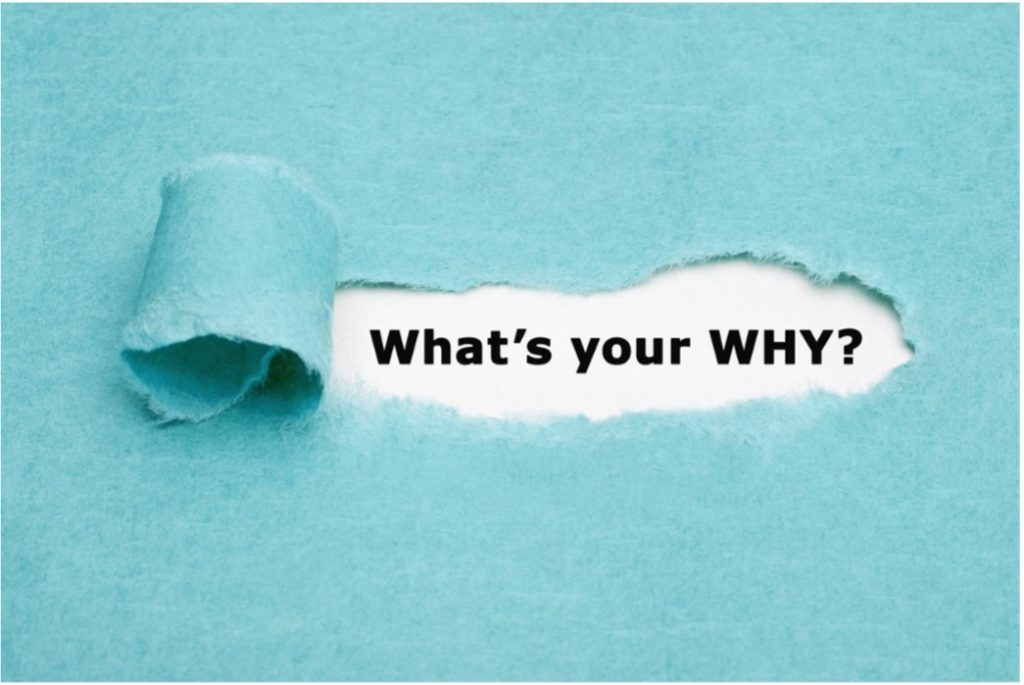Rekindle Your Spark online course is now available. Enrol here.


Do you dream about achieving permanent and sustainable weight loss but think about food constantly?
How often have you found yourself searching for food when you are not even hungry?
Have you noticed that every diet you’ve ever embraced has worked for a short while and then you end up heavier than when you started?
Do you dread the start-stop yo-yo cycle of weight gain and loss, never believing you can lose weight and keep it off?
Well, the good news is that when you re-boot your mind and body to be free from habitual, non-hunger eating, not only will you be lighter physically, you’ll feel lighter emotionally and mentally to find happiness that you thought only others had access to. So read on to learn how to re-set your mind to better defaults, habits and strategies to beat those extra kilos this festive season.
“Food has become the Western world’s drug of choice“, says Paul McKenna (2014, p.191) and we are addicted to snacking on junk food more than ever – packed with fat, sugar and salt and cleverly manufactured to charge our tastebuds and have us craving more. In other words, the more we snack the more we eat (Mosley, 2019).
If you’ve been caught in the yo-yoing of ‘weight off, weight on’, you won’t be surprised to read that research to date reveals that constant dieting leads to weight gain (Hyman, 2012; Mckenna, 2014; Mosely, 2017; Mosley, 2019). The same authors remind us that poor food choices disrupt every aspect of our lives; from our sleep, to concentration and memory recall, to physical, emotional and mental energy, as well as our physical and mental health. It seems there was something in that old phrase “you are what you eat” when we begin to realise that what we put into our body determines our physical, mental, emotional and purposeful health and wellbeing. So how can you re-set your mind to better defaults, habits and strategies and be a kinder to you and your body along the way?

The latest approaches to achievable and sustainable weight reduction have been well documented by the likes of Dr Michael Mosely (Mosley, 2019), Dr Mark Hyman (Hyman, 2012), and Dr Sunjay Gupta (Gupta, 2021) who have taught us that intermittent fasting and time restricted eating (TRE) can assist us to ‘re-set’ the mind so that we have greater control over food so it no longer influences every decision of our life.
Intermittent fasting is when we avoid all foods and drinks that contain calories (only consuming water or black tea/coffee, herbal tea, etc). Our body needs time away from eating, to clean, repair, and rebuild metabolic and digestive processes in our body. When we fast and let our body take a break from food, this results in less brain and body inflammation, a boost to our immunity, and greater energy both mentally and emotionally and the kilos will start to drop off.
Time restricted eating (TRE) involves eating all your calories within a narrow window of time each day that optimally is somewhere between 8 to 12 hours, explains Michael Mosley (2019). This ensures the body has more time to fast and in the process ‘flips your metabolic switch on’ after 10-12 hours fasting – when your body goes from burning sugar to burning fat for fuel. Your brain runs really well on ketones (chemicals the body produces to break down fat into energy) and in some ways it prefers ketones to glucose. Once you have decided on your ‘eating window’, you don’t eat or drink anything that contains calories outside that period. Try 12 hours fasting/12 hours TRE and once you’ve mastered that, try pushing the fasting period longer, say 14 hours fasting/10 hours TRE or be like Hugh Jackman and aim for 16:8 eg start eating midday and aim to finish by 8 pm – fasting for 16 hours.




And remember, all change takes change and even the smallest changes in a better direction have the impact to change your future for the better.
Let’s chat to assess if this is a habit that needs to be updated to something better, or if food has food become a crutch for unhelpful emotions such as anger, fear, sadness, feelings of isolation and aloneness. Many of these emotions may have been triggered in the past. Is your brain ready to be free, so you can beat those extra kilos this festive season and establish and maintain an ideal body weight as you head into the new year?
Feel free to call us and chat about your healthy living goals. Sometimes we need a little help from the inside out; to unplug from old habits and defaults and ‘install’ new strategies and beliefs that will enable you to embrace the lighter and free-er you.
Guilespe, D. G. (2008). Sweet Poison: Why Sugar Makes Us Fat. Penguin Books.
Gupta, S. (2021). Keep Sharp: Build a Better Brain at Any Age. Headline.
Hyman, M. (2012). The Blood Sugar Solution: The ultra healthy program for losing weight, preventing disease, and feeling great now!Little Brown Company.
Kausman, R. (1998). If Not Dieting Then What ? Allen & Unwin.
McKenna, P. (2014). Freedom From Emotional Eating. Transworld.
Mosely, M. (2017). The Clever Guts Diet: How to revolutionise your body from the inside out. Simon& Schuster, Australia.
Mosley, M. (2019). The fast 800: How to combine rapid weight loss and intermittent fasting for long term health. Simon& Schuster, Australia.
Waterhouse, D. (1995). Why Women Need Chocolate: Proof that a little of what you fancy really does do you good. Random House UK Ltd.

Address: 108 Willis Street, Hampton Victoria 3188
Email: admin@baysidehealthyliving.com.au
Tel: 0404 913 662